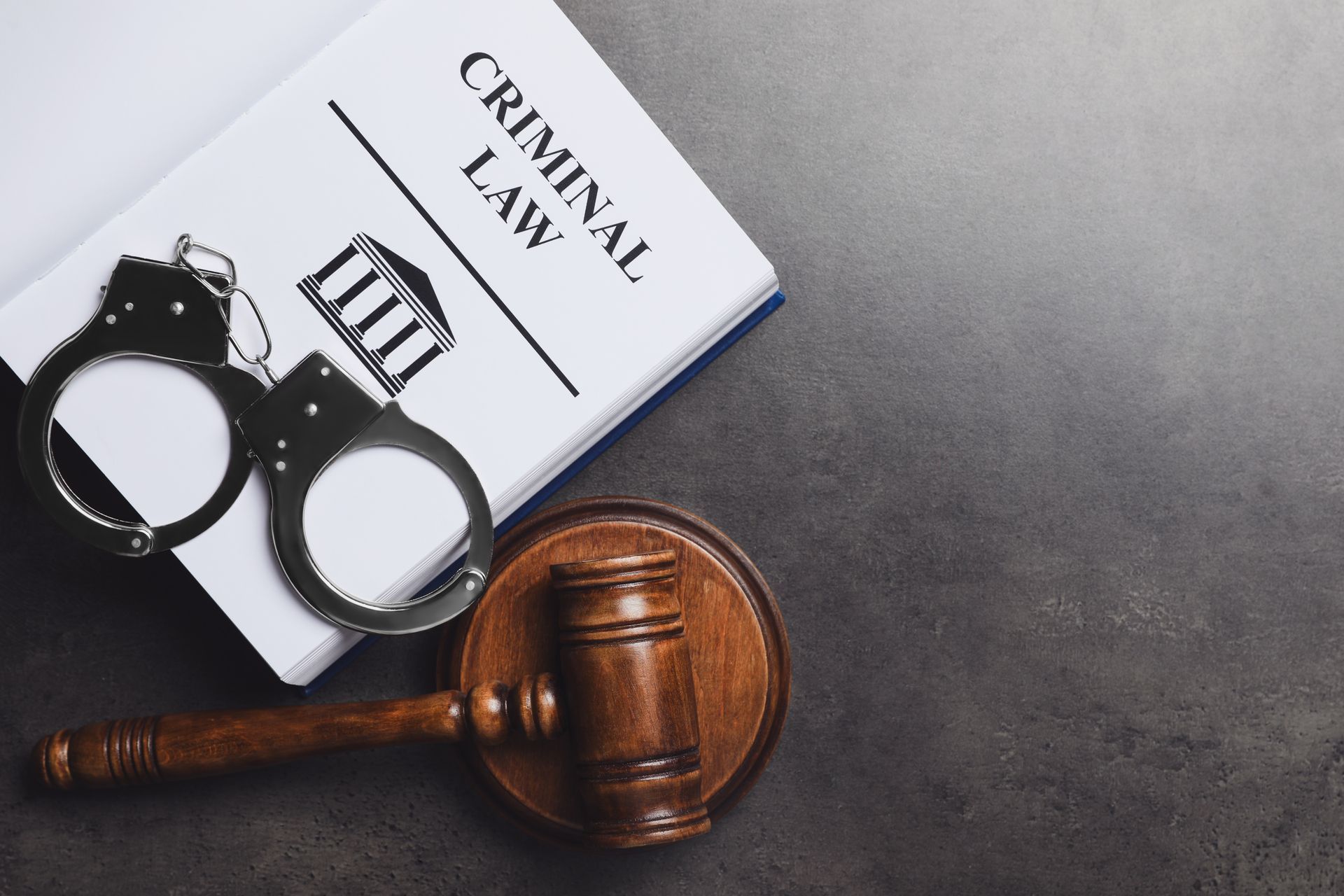What Constitutes a Felony in Indiana?
Under Indiana law, there are different types of criminal offenses with varying degrees of severity. Among them, a felony is considered the most serious. Felony convictions carry harsher penalties than misdemeanors, including longer prison sentences and steeper fines. As a resident of Indiana, it's important to understand what constitutes a felony and the potential consequences of a conviction. In this blog post, we'll discuss the different types of felonies recognized in Indiana and the punishments they carry.
In Indiana, there are six different categories of felonies based on severity, with Class A felonies being the most severe. Class A felonies are punishable by a fixed term of between 20 and 50 years in prison and a fine of up to $10,000. The types of crimes that fall under this classification include murder, rape, and arson that results in bodily harm.
At the other end of the spectrum, there are Class D felonies, which are the least severe among felonies. Convictions for this category of felony carry a sentence of six months to three years in prison and a fine of up to $10,000. Some of the crimes that fall under this classification include possession of a controlled substance, forgery, and robbery.
In addition to these six categories of felonies, there is also a separate category of "unclassified felonies." These crimes carry their own specific range of punishments, which can vary depending on the crime committed. Examples of unclassified felonies include offenses such as multiple counts of child molestation and human trafficking.
The punishment for a felony can be more severe if the crime was deemed to be a "hate crime." A hate crime happens when the offender intentionally selects the victim based on their race, ethnicity, religion, gender identity, or sexual orientation. Under Indiana law, the sentence for a felony would increase to one level higher than it would be if it were not a hate crime.
It's essential to note that the penalties for a felony conviction are not limited to incarceration and fines. A convicted felon may also lose certain rights, such as the right to vote, the right to hold public office or serve on a jury, and the right to possess firearms. Additionally, those with a felony conviction on their records may have difficulty finding work, housing, or other opportunities that require a background check.
Knowing what constitutes a felony under Indiana law is crucial if you want to avoid serious consequences. If you're facing felony charges, it's important to consult with an experienced criminal defense attorney as soon as possible. A good attorney can help you understand the charges you're facing and the potential consequences, as well as develop a strategy for defending your case. Remember, the law is complicated, and even minor nuances can make a big difference in the outcome of your case. So, if you're facing felony charges in Indiana, don't hesitate to seek the help of a qualified criminal defense lawyer.








